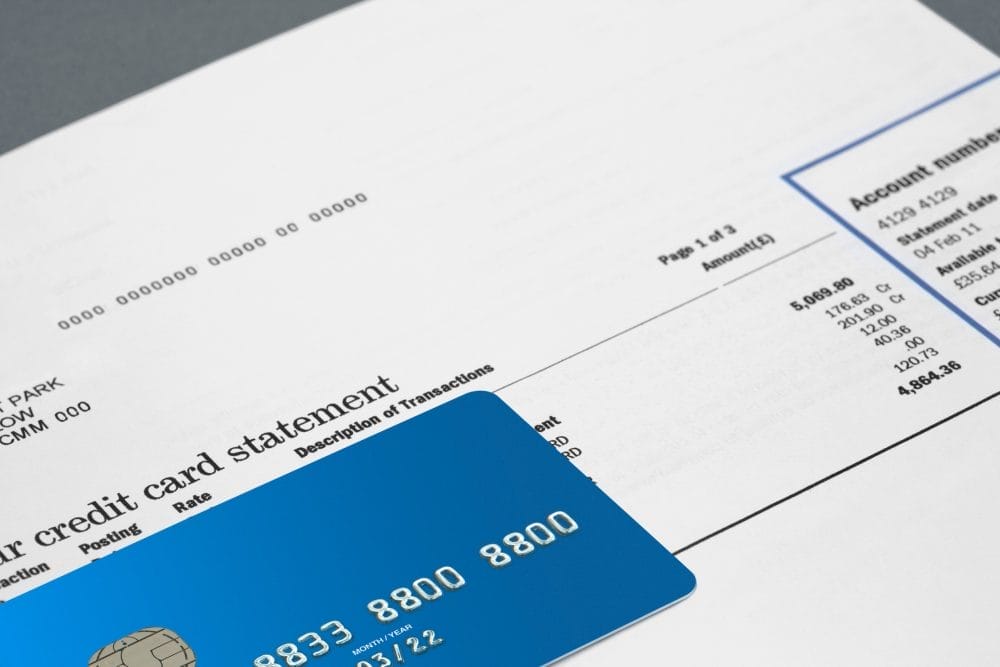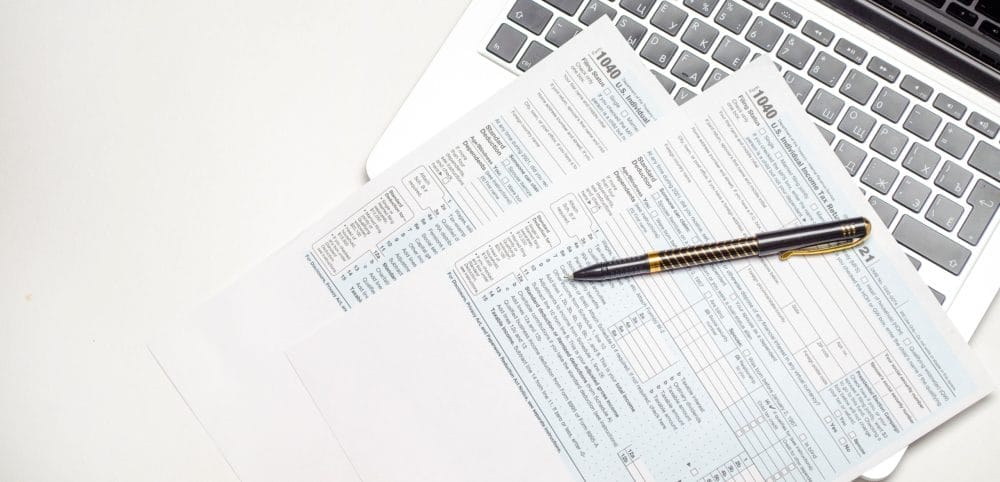In a world where personal information is as valuable as currency, tossing away sensitive documents without a second thought is like leaving the front door wide open. Identity theft, fraud, and data breaches don’t just happen online—they often start in the trash. Many people unknowingly expose themselves to risk by discarding papers that contain vital personal or financial data.
While it might feel harmless to throw out old receipts or junk mail, these items can be goldmines for someone with malicious intentions. To protect privacy and security, it’s critical to know which types of documents should always be shredded before being discarded.
1. Bank and Credit Card Statements
Financial statements hold some of the most sensitive information an individual possesses. Even if the balance is zero, these documents often display full names, addresses, and account numbers that can be pieced together for fraud. Shredding these statements ensures that would-be identity thieves can’t use them to open accounts or commit financial crimes. Many banks now offer digital statements, but for those who receive paper copies, proper disposal is essential. It’s not just about what the documents show—it’s about what they reveal when combined with other data.
2. Medical Records and Insurance Papers
Medical records, test results, and insurance claim documents contain far more than just health history. These papers often include Social Security numbers, insurance IDs, and detailed personal information that can be exploited. Criminals can use this data to submit false claims or access prescription medications illegally. Shredding medical-related paperwork helps safeguard against health insurance fraud and privacy breaches. Healthcare is deeply personal, and allowing such information to be exposed can lead to both emotional distress and financial loss.
3. Pay Stubs and Employment Records
Pay stubs might seem harmless, especially when they’re old, but they typically list income, bank routing numbers, and Social Security details. Employment documents can also contain hiring agreements, tax data, and other personal identifiers. If these fall into the wrong hands, they can be used to impersonate someone or gain access to employment benefits. Shredding ensures that no trace of this financial and professional information can be misused. Even outdated paperwork can offer cybercriminals the breadcrumbs they need to build a damaging profile.
4. Tax Documents and IRS Correspondence
Tax documents are a treasure trove for identity thieves because they often include a complete picture of a person’s finances. These records can feature Social Security numbers, income details, deductions, and addresses—all in one place. IRS notices, audit papers, and copies of previous returns should never be tossed whole into a trash bin. Shredding tax-related documents is a critical step in safeguarding financial history and preventing tax fraud. The risks from improperly discarded tax paperwork can follow someone for years if left unaddressed.
5. Pre-Approved Credit Offers and Junk Mail
Even mail that looks insignificant can present a real risk. Pre-approved credit card offers or loan applications can be stolen and fraudulently activated under someone else’s name. Junk mail containing personal details, like full names and partial account numbers, can be enough for a scammer to begin building a fraudulent identity. Shredding these mailers stops thieves from taking advantage of easy opportunities left in a trash can. While it may feel tedious, disposing of this kind of mail securely prevents long-term headaches.
Make Sure You Stay Safe With Your Shredding
Disposing of documents securely is no longer just a good habit—it’s a necessity. Every year, millions fall victim to identity theft, much of it avoidable with small actions like shredding the right paperwork. Protecting personal information starts at home, with thoughtful disposal of the paper trail left behind. Whether it’s financial statements, employment records, or seemingly harmless junk mail, the risk of exposure is real. If any of these documents are lying around, it’s time to get serious about shredding.
Have thoughts on this topic or a story about protecting your information? Share your experiences or questions in the comments below.
Read More
6 Vocational Programs That Were Killed Off Too Soon
10 Ways to Escape the Paycheck-to-Paycheck Cycle for Good








